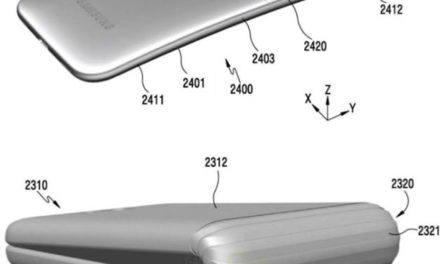
Many mobile devices are vulnerable in Europe
According to data from Norton’s 2012 Cybercrime Report on mobile, Europeans typically use the internet through their mobile devices, not only to be present on social networking sites, but also for their work.
While more and more people are surfing the internet through their mobile devices, very few are taking care to protect their devices and the content stored on them. A large majority of European users (69%) admitted to storing and using sensitive information on their mobile devices, and more than a third (35%) indicated that they do not use a password to protect them. So if your device is lost or stolen, a lot of personal information becomes available, such as emails, which can give you free access to work correspondence and, through it, documents and passwords and bank accounts in other online accounts.
The study also found that the loss of mobile devices is very common, expensive and stressful for users. Three out of ten people have already lost or stolen their mobile phones, the replacement of which is an average of 122 euros for phones, ie approx. The cost was HUF 37.300, while in the case of tablets it was almost double, ie EUR 233 (approximately HUF 71.300). In such cases, users are most concerned about the size of the bill from phone calls (43%), unauthorized contact with people on the address list (26%) and unauthorized online shopping using devices (26%).
The Norton report revealed some interesting differences in attitudes among European users. For example, 13 per cent of Germans and 15 per cent of Russians feel safe when shopping via their mobile device, while Polish (32%) and Italian (24%) users are less afraid of such dangers. And Danes are much more likely to store banking data on their mobile devices (13%) than Germans (4%).
















